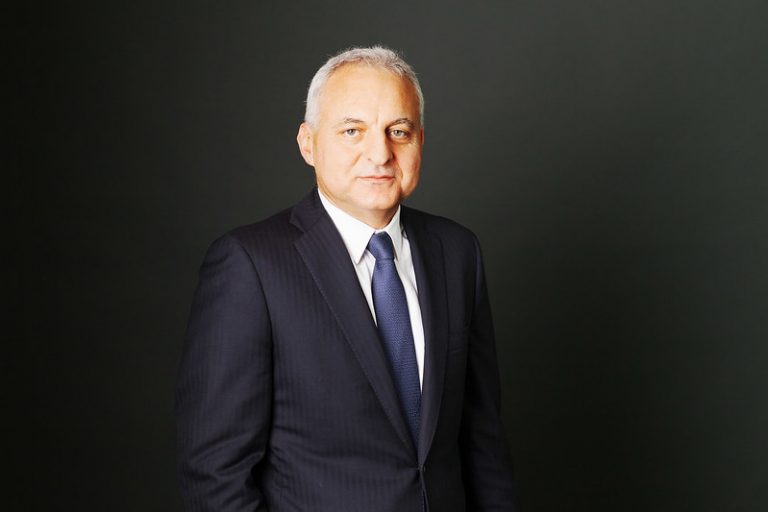More than 150 businesses have now applied for Made Smarter East Midlands – with two-thirds already going forward to the next stage.
In excess of 100 eligible expressions of interest have been received since the programme launched in December.
During an event staged as part of Leicestershire Innovation Festival 2023, three regional businesses this week described how digital technology had supported growth.
The session, led by Made Smarter East Midlands Programme Director Dr Chris Owen, outlined how new digital technologies can help to reduce waste and inefficiency while increasing resilience and competitiveness.
He was supported by case studies from:
- Anne Ford, Managing Director of Hinckley-based ballscrew manufacturer PGM Reball;
- Mike Hague Morgan, Executive Director of Grantham-based engine and battery manufacturer Autocraft Solutions Group;
- Darren Joint, Managing Director of Grantham-based signmaker and digital printer Viking Signs.
Anne described the cultural shift as digital technology, viewed by some as taking jobs from people, was found to reduce mundane tasks and free up engineers to instead focus on skilled tasks.
Mike summarised how digitalisation had helped Autocraft to develop new skills and careers. One outcome was taking on more tech apprentices, who then learned about manufacturing while transferring their own digital knowledge to existing staff.
Productivity is the theme of this year’s Leicestershire Innovation Festival, which runs until Friday. The festival is led by the Leicester and Leicestershire Enterprise Partnership (LLEP).
The launch event at Loughborough University last week heard that the vast majority of businesses in Leicester and Leicestershire have fewer than 250 employees.
Therefore, in order to significantly increase regional productivity, it is essential that SMEs are able to do more while using less.
There are 2,790 manufacturing SMEs operating in the East Midlands region.
Made Smarter East Midlands commenced after East Midlands growth subs – including the LLEP Business Gateway Growth Hub – combined to win £3m of Government funding.
Its goal is to engage with more than 400 manufacturing SMEs in Leicester and Leicestershire, Derby and Derbyshire, Nottingham and Nottinghamshire, Lincoln and Greater Lincolnshire.
Applications are being accepted now from manufacturing businesses with between 10 and 249 employees and a turnover of up to £50m.
All interested businesses need to do is register through the Made Smarter website.
Eligible businesses will be moved forward through the programme, with ineligible businesses referred for alternative support.
Of the successful applicants, 130 will move on to digital transformation roadmapping, with 80 of those receiving free and intensive technical advice to develop their proposition.
Made Smarter has experts available across eight disciplines, including 3D printing, AR and VR, big data, mobile devices, Internet of Things, industrial cyber security and more.
More than 50 grants are also available for capital or revenue products, based on 50% match-funded grants of up to £20,000.












